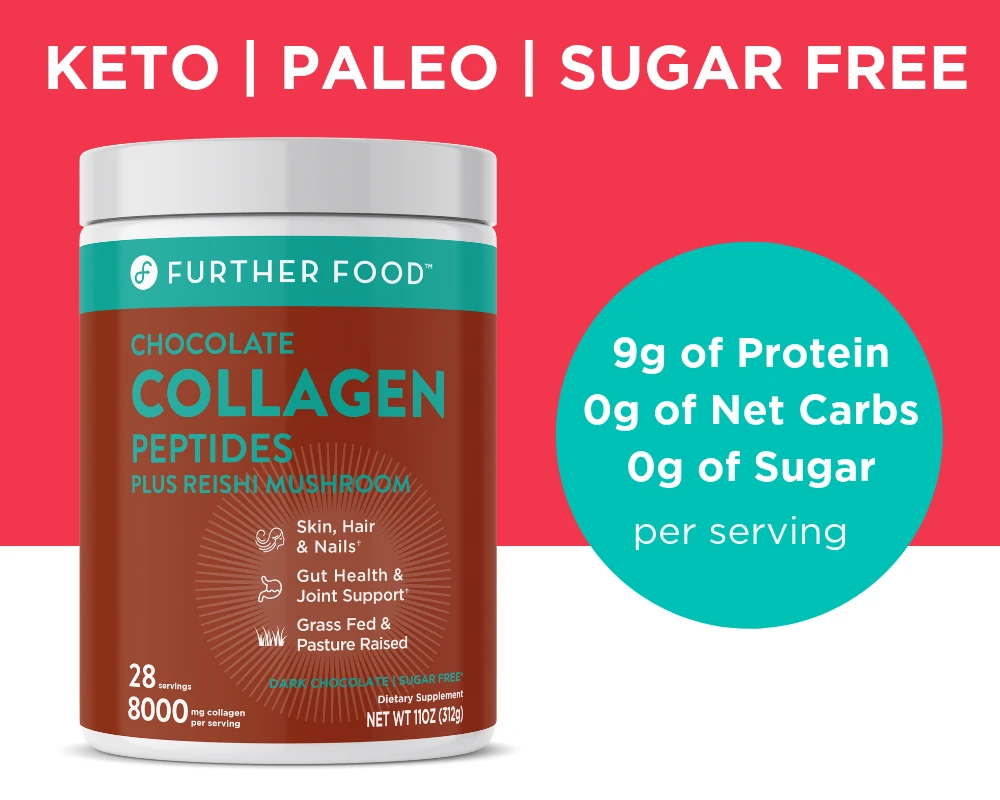Collagen’s Nutritional Value

Collagen is a protein that has been gaining popularity in the health and wellness industry for its numerous benefits. From improving skin elasticity to supporting joint health, collagen has become a staple ingredient in many supplements and beauty products. But what exactly is collagen, and why is it so important? In this article, we will explore the nutritional value of collagen, its sources, and how it can benefit your overall health. Whether you are looking to improve your skin’s appearance or support your joint health, understanding the role of collagen in your diet can help you make informed decisions about your nutrition and wellness routine.
What is Collagen?
Collagen is a protein that is naturally produced by the human body. It is found in various parts of the body, including the skin, bones, tendons, and ligaments. Collagen plays a vital role in maintaining the structure and elasticity of these tissues.
Collagen is made up of amino acids such as glycine, proline, and hydroxyproline. These amino acids are essential for maintaining healthy skin, hair, nails, and joints. As we age, our bodies produce less collagen which can lead to wrinkles, joint pain and stiffness.
Collagen supplements have become increasingly popular in recent years due to their potential health benefits. However, it’s important to note that not all collagen supplements are created equal. Some sources of collagen may be more effective than others depending on their quality and bioavailability.
Collagen-rich Foods
Collagen is a protein that is naturally found in the body, but it can also be obtained through certain foods. Some of the most collagen-rich foods include bone broth, chicken skin, fish skin, and beef. These foods are not only delicious but also packed with essential nutrients that are beneficial for overall health.
Bone broth is one of the best sources of collagen as it is made by simmering animal bones and connective tissue for several hours. This process releases collagen and other important nutrients such as calcium, magnesium, and phosphorus. Chicken skin and fish skin are also great sources of collagen as they contain high amounts of type 1 collagen which is essential for healthy skin, hair, nails, and joints. Beef is another excellent source of collagen as it contains all types of collagen including type 2 which is essential for joint health.
Incorporating these collagen-rich foods into your diet can help improve your overall health and wellbeing. Whether you choose to sip on a warm cup of bone broth or enjoy a delicious piece of crispy chicken skin, you can rest assured that you are providing your body with the necessary nutrients to support healthy aging and vitality.
Health Benefits of Collagen
Collagen is not only important for maintaining skin elasticity but also has numerous health benefits. It plays a crucial role in the formation and maintenance of bones, joints, and muscles. Collagen helps to maintain the integrity of cartilage, which is essential for joint health. It also contributes to bone strength by providing a framework for calcium deposition.
Collagen has been shown to improve gut health by reducing inflammation and promoting the growth of beneficial bacteria in the gut. This can help alleviate symptoms of digestive disorders such as irritable bowel syndrome (IBS) and leaky gut syndrome.
In addition, collagen has been found to have anti-inflammatory properties that can help reduce joint pain and stiffness associated with conditions like osteoarthritis. It may also improve skin hydration and elasticity, leading to a more youthful appearance.
Overall, incorporating collagen-rich foods or taking collagen supplements can provide numerous health benefits beyond just improving skin health.
Collagen Supplementation
If you’re looking to increase your collagen intake, supplementation is an option. Collagen supplements come in various forms such as powders, capsules, and liquids. These supplements are made from animal sources such as bovine, chicken, or fish.
When choosing a collagen supplement, it’s important to look for products that are high-quality and contain minimal additives. Additionally, it’s recommended to choose a supplement that contains type I and III collagen as these types are the most abundant in the body and have been shown to support skin health.
While collagen supplementation may not be necessary for everyone, it can be beneficial for those who are looking to improve their skin elasticity, joint health, and overall well-being. As always, it’s best to consult with a healthcare professional before starting any new supplement regimen.
Conclusion
In conclusion, collagen is a vital protein that plays an essential role in maintaining the health of our skin, joints, and bones. While it is naturally produced by our bodies, we can also obtain it from various food sources such as bone broth, fish, and poultry. Incorporating these foods into our diet can provide us with numerous health benefits such as improved skin elasticity, joint mobility, and bone strength. Additionally, collagen supplementation has become increasingly popular in recent years due to its potential to enhance these benefits even further. With all of the evidence supporting the nutritional value of collagen, it’s clear that this protein should be a staple in any healthy diet.




